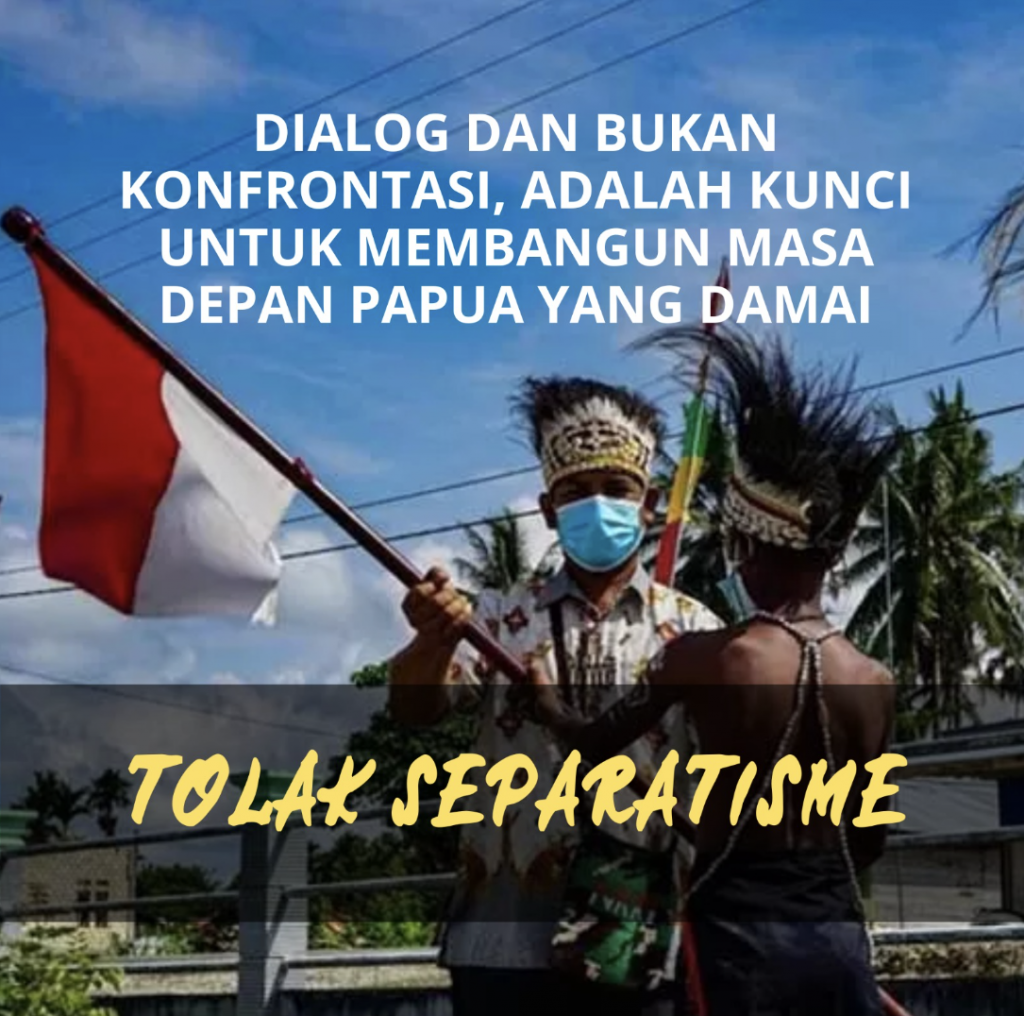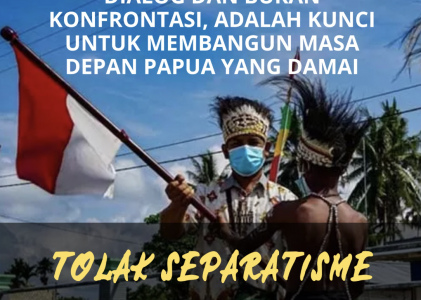
Westnoken Jakarta – Separatism is a movement or attempt by a group to separate itself from a larger entity, usually a state, with the aim of forming an independent state or political entity. This phenomenon often arises from ethnic, religious differences, or dissatisfaction with the central government. However, it is important to understand that separatist movements do not always reflect state failure. In some cases, it may be fueled by the systematic efforts of a few citizens or outside parties who have a specific agenda, such as a desire to weaken the state or gain political or economic advantage.
History has recorded various cases of separatism, from Timor Leste’s struggle to separate from Indonesia to the movement for Scottish independence from Great Britain. Although the motives and contexts vary, the root causes are often similar, including political dissatisfaction, ethnic and cultural differences, and economic inequality. However, in some situations, this movement can also be complicated by external interference or the agenda of certain groups that may not be aligned with the general interest.
The problem of separatism not only disrupts the political stability of a country but can also lead to conflict and violence. When separatist groups try to separate themselves, clashes often occur with the government or other groups, resulting in material and life losses. The resulting instability can hamper economic growth and development, as well as create widespread uncertainty for society.
However, it is important to distinguish between the legitimate aspirations of citizens who may feel marginalized or treated unfairly, and the agendas of groups that may have less pure motives. For citizens’ legitimate aspirations, inclusive approaches, dialogue and socio-economic reform remain key. Meanwhile, to overcome external interference or the agenda of certain groups, strong security and intelligence policies and international diplomacy are needed.
In facing separatism, it is important for us to remember that the integrity of the nation and state is not only about defending territorial boundaries, but also about maintaining harmony and justice for all its citizens. With an inclusive and fair approach, we can hope for a more peaceful and prosperous future, where every individual feels valued and involved in building the nation.
Therefore, it is important for the public not to be easily incited by invitations or propaganda that encourage separatism. Every citizen must realize that national unity and unity is a strong foundation for development and shared prosperity. We must work together to understand and address the issue of separatism wisely, ensuring that every voice is heard, and every group feels an inseparable part of the nation’s mosaic. This requires commitment and cooperation from all parties involved, as well as transparency and accountability from the government to ensure that its actions do not give rise to further distrust or dissatisfaction. Let us unite, strengthen dialogue and cooperation, to create a brighter and more prosperous future for all citizens.

